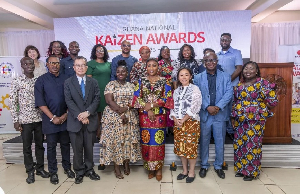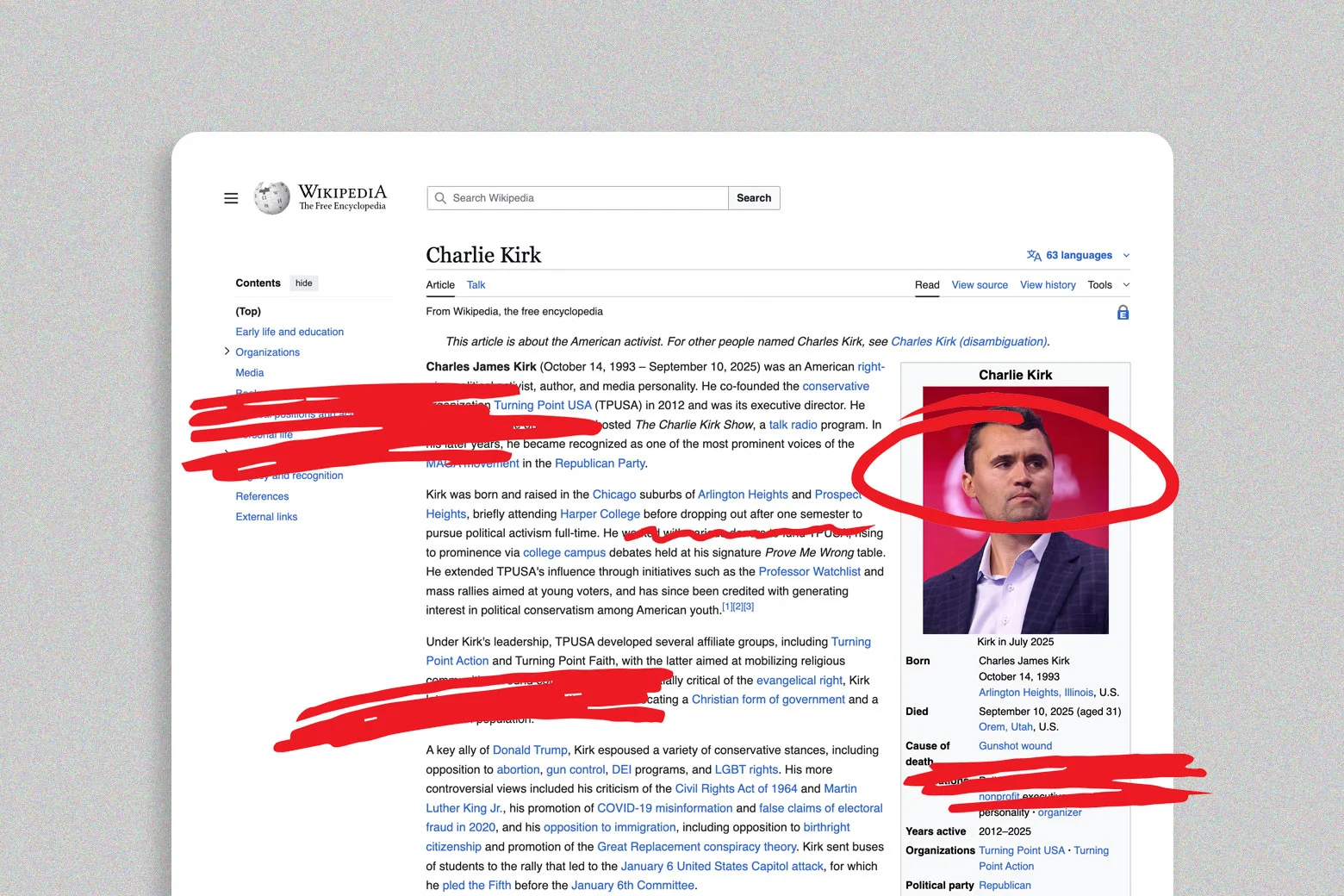By Ghana News
Copyright ghanamma

The Chief Representative of the Japan International Cooperation Agency, JICA, Suzuki Momoko has commended the efforts of stakeholders and businesses involved in the Ghana National Kaizen Awards (GNKA) scheme, emphasizing that the scheme is a people-centered approach, which fosters a culture of ownership, engagement and autonomous growth among employees, contributing to a more dignified and productive workplace.
These values, according to her, align well with the 24-hour economy programme of the Government of Ghana.
Furthermore, GNKA is a valuable platform that connects experienced Kaizen companies with newcomers, encouraging learning, sharing, and motivation.
The Ghana Enterprises Agency (GEA), in partnership with JICA, United Nations Industrial Development Organization (UNIDO), and the Management Development and Productivity Institute (MDPI), hosted the Ghana National Kaizen Awards (GNKA) 2025.
The event took place in Accra under the theme “Africa Industrialization through Fostering Competitive Firms and Value Chains in Ghana.”
In a press release, John Kojo Williams, said JICA remained committed to Kaizen dissemination in Ghana and is optimistic that inners of the Awards will represent the country.
It will also provide standardization and excellence service delivery via knowledge and experience sharing to boost the competitiveness of Africa industrial sector.
Acknowledging the challenges posed by global disruptions, including the COVID-19 pandemic, Kipo Dari, National Project Coordinator, UNIDO Ghana, emphasized the timeliness of this project.
He said, “MSMEs play a crucial role in Ghana’s economy, driving societal development and generating employment. Through capacity building, the UNIDO support in Ghana aims to facilitate MSME growth, market access, and international trade.”
He added that UNIDO’s collaboration with JICA and GEA, and the development of an innovative digital tool for the Ghana manufacturing sector, is a demonstration of our commitment and drive for inclusive industrialization, and we hope to further deepen our relationship with all key Stakeholders for a collective and harmonized approach to MSMEs development in Ghana.
Professor Elijah Yendaw of the Management Development and Productivity Institute (MDPI) indicated that Ghana’s aspirations for industrial transformation, job creation, and global competitiveness are directly tied to productivity growth.
Kaizen provides a practical pathway to achieve these goals and as we move toward a more resilient and inclusive economy, Kaizen will continue to shape how we work, innovate, and serve.
To sustain Kaizen, GEA has incorporated Kaizen as a service into its core operations and initiatives.
This has led to more than 33,478 micro and small enterprises receiving fundamental training in Kaizen through partnerships with other development partners such as UNIDO and the institution’s own initiatives, such as the Mastercard Foundation’s Young Africa Works, the Ghana Jobs and Skills Project, and the Bizbox Project.



